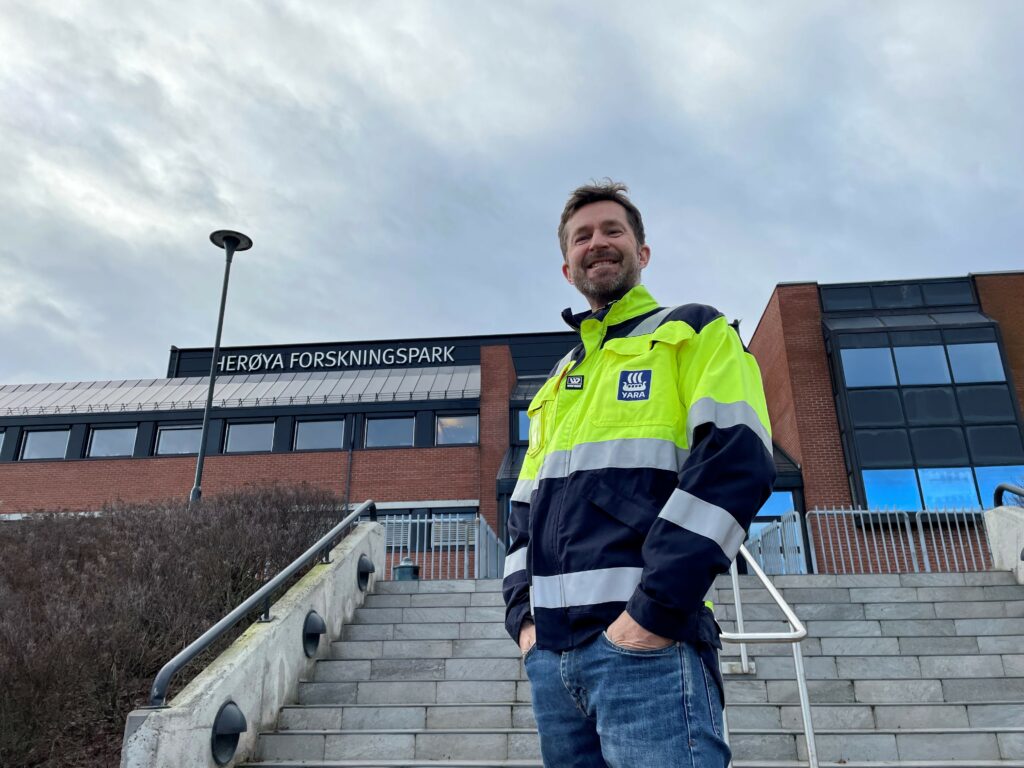Member of the Programme Board of CLIMIT
Eystein Leren (59) holds an MSc in Chemistry from the University of Oslo is a graduate of the BI Norwegian Business School. He has worked for over 25 years on projects and business development within gas technology for Norsk Hydro and Yara. In 2019, Yara Clean Ammonia was established as a subsidiary of Yara International, and Leren has a central role in the development of new markets and industries for green ammonia, focusing on ship fuel and energy applications.


